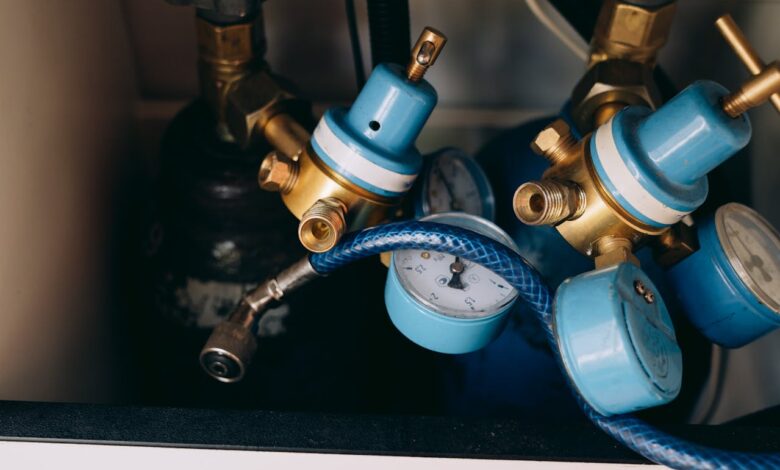What Airplane Owners Need To Know About Hydraulic Fluid Technology

As an airplane owner, understanding the technology behind hydraulic fluid systems is crucial. Hydraulic fluid serves as the lifeblood of the aircraft, transferring power and enabling various components to function efficiently. But what do you really need to know about this critical aspect of your aircraft? In this article, we will delve into the fascinating world of hydraulic fluid technology
Importance of Hydraulic Fluid in Aircraft Systems
Aviation hydraulic fluid plays a pivotal role in the operation of various aircraft systems, acting as a medium for transmitting power. It is essential for controlling flight surfaces, landing gear, brakes, and numerous other components integral to an aircraft’s functionality. The ability of hydraulic systems to provide precise and responsive control is what makes them indispensable in modern aviation. Without hydraulic fluid, an aircraft’s complex mechanics would struggle to perform their intended functions, leading to inefficiencies and potential safety hazards.
Types of Hydraulic Fluids Used in Airplanes
There are primarily two categories of hydraulic fluids utilized in aviation: mineral-based fluids and synthetic fluids. Mineral-based hydraulic fluids are derived from the crude oil refining processes. They are often the most commonly used fluids due to their availability and cost-effectiveness.
However, these fluids have certain limitations, such as lower thermal stability and susceptibility to oxidation, which can impact their performance over time.
On the other hand, synthetic hydraulic fluids have gained traction in recent years due to their superior properties. They are engineered to provide enhanced performance characteristics, including better thermal stability, lower flammability, and improved low-temperature fluidity. These advantages make synthetic fluids particularly suitable for high-performance aircraft and critical applications where reliability is non-negotiable.
Properties and Characteristics of Hydraulic Fluids
The properties and characteristics of hydraulic fluids are crucial for their effective performance in aviation systems. One key property is viscosity, which measures a fluid’s resistance to flow. Hydraulic fluids need to maintain an optimal viscosity to ensure that they can flow easily through the system while providing adequate pressure. If the viscosity is too high, it can lead to sluggish system response and increased wear on components. Conversely, if the viscosity is too low, the fluid may not provide sufficient lubrication or pressure buildup.
Another important characteristic is the fluid’s thermal stability. Hydraulic systems can experience significant temperature fluctuations during operation, and the fluid must be able to withstand these changes without degrading. Thermal stability ensures that the hydraulic fluid maintains its properties and performance over a wide temperature range. This is particularly important for aircraft that operate at high altitudes, where temperatures can drop significantly, affecting fluid behavior and system performance.
Maintenance and Inspection of Hydraulic Fluid Systems
Proper maintenance and inspection of hydraulic fluid systems are vital for ensuring their longevity and performance. Regular checks should include analyzing the hydraulic fluid’s condition, monitoring for contaminants, and inspecting components for signs of wear or leakage. One common method of assessing fluid condition is through visual inspection, where the fluid’s color and clarity can indicate potential issues. Additionally, fluid samples can be taken for laboratory analysis to detect the presence of particulates, moisture, or other contaminants.
Common Issues and Troubleshooting in Hydraulic Systems
Despite the robustness of hydraulic systems, they can experience a range of common issues that airplane owners should be aware of. One prevalent problem is fluid contamination, which can arise from various sources, including dirt, moisture, or wear particles from system components. Contaminated hydraulic fluid can lead to decreased performance, increased wear, and even system failure. Regular monitoring and filtration of hydraulic fluid can help mitigate this risk and ensure optimal system operation.
Conclusion
Understanding the intricacies of hydraulic fluid technology is essential for every airplane owner. By staying informed about the latest advancements, best practices, and training opportunities, aircraft owners can ensure the optimal performance and longevity of their hydraulic systems. As we embrace these developments, the aviation industry will continue to evolve, delivering safer and more reliable flying experiences for all.




